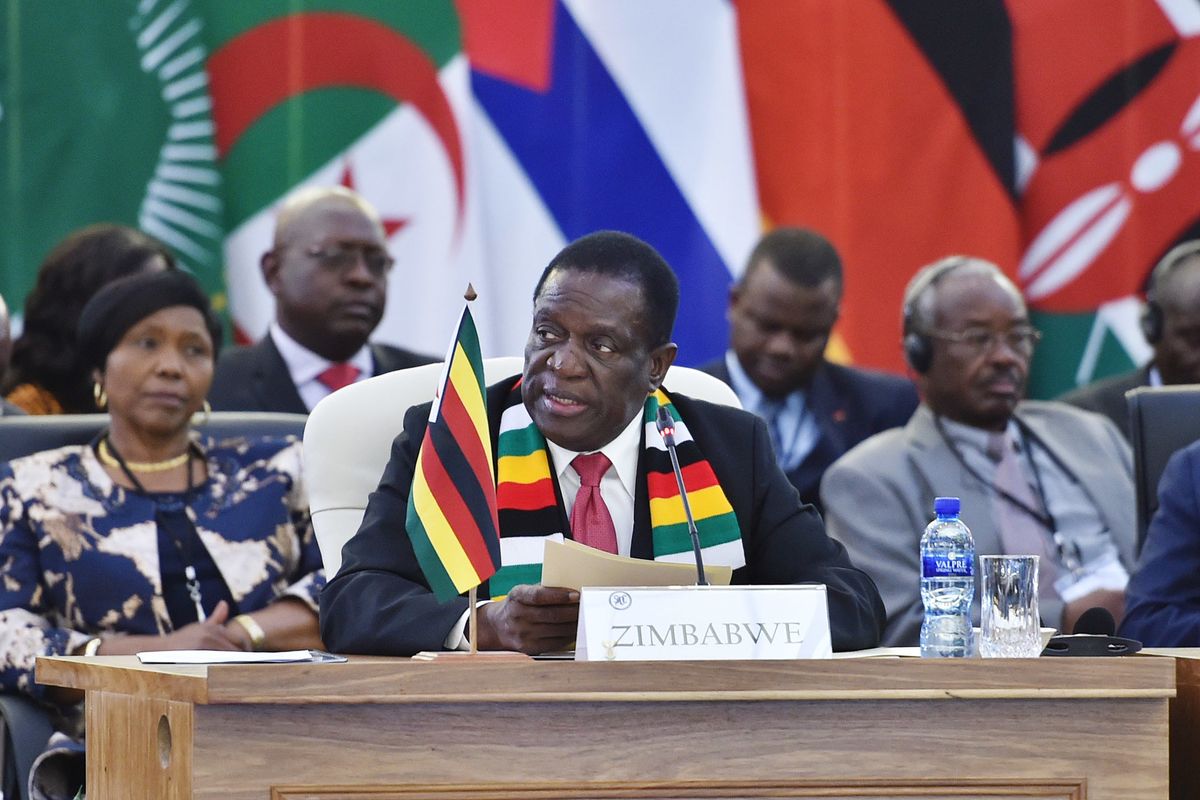Zimbabwe Will Start Compensating White Farmers Whose Farms Were Taken Under President Mugabe
The government is attempting to bring closure to what has remained a divisive issue.

Under the directive of the Zimbabwean government, the Commercial Farmers Union and a selected committee will embark on identifying White farmers who will be compensated for the land they lost under President Robert Mugabe's regime almost two decades ago.
In 1890, in what was then Rhodesia, British colonists seized a considerable amount of fertile agricultural land and throughout their colonial rule, that land largely remained in the hands of White people. However, after Zimbabwe eventually gained independence in 1980, and under the rule of Robert Mugabe, approximately 4500 White farmers were forcefully evicted and their farms redistributed to around 300 000 families.
The land reform process was an attempt to redress the injustices of colonialism and the disenfranchisement of Black Zimbabweans. However, once Zimbabwe, which was once referred to (although disputed) as the "Breadbasket of Africa" for its plentiful production of key crops, began its demise, many faulted the land reform process.
There have been fears that South Africa, which declared last year that it would expropriate land without compensation to redress the wrongs of both colonialism and Apartheid, may follow in Zimbabwe's footsteps if the process is not transparent.
Zimbabwe's Ministries of Finance and Agriculture said the following in a joint statement:
"The registration process and list of farmers should be completed by the end of April 2019, after which the interim advance payments will be paid directly to former farm owners."
According toEWN, the Zimbabwean government, under the leadership of President Emmerson Mnangagwa, have apparently set aside 17.5 million USD to compensate the White farmers who lost their land. After numerous sanctions and ill relations between the country and the West, the Zimbabwean government hopes this will be the first concrete step in mending those relations.

